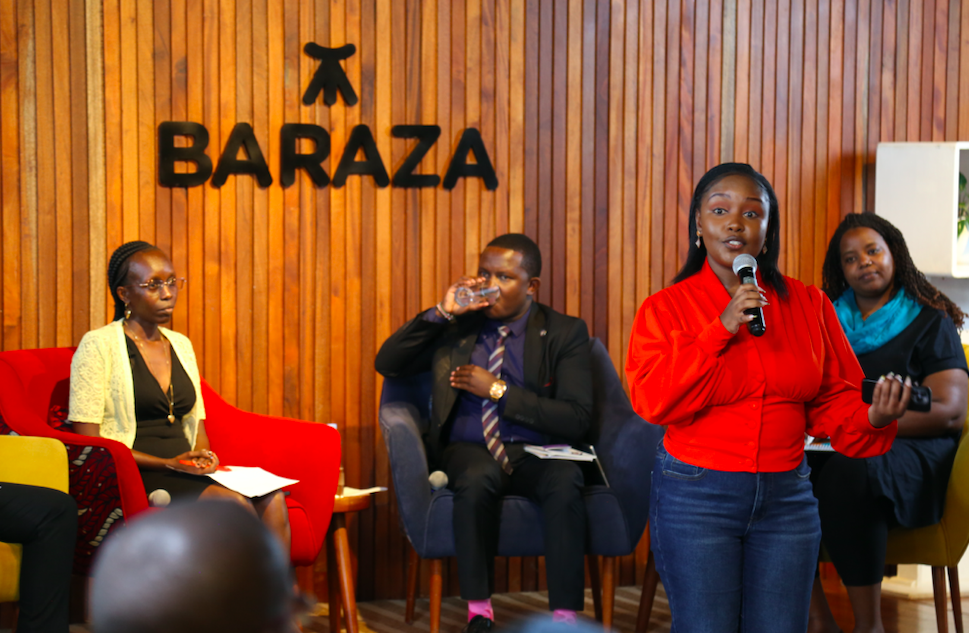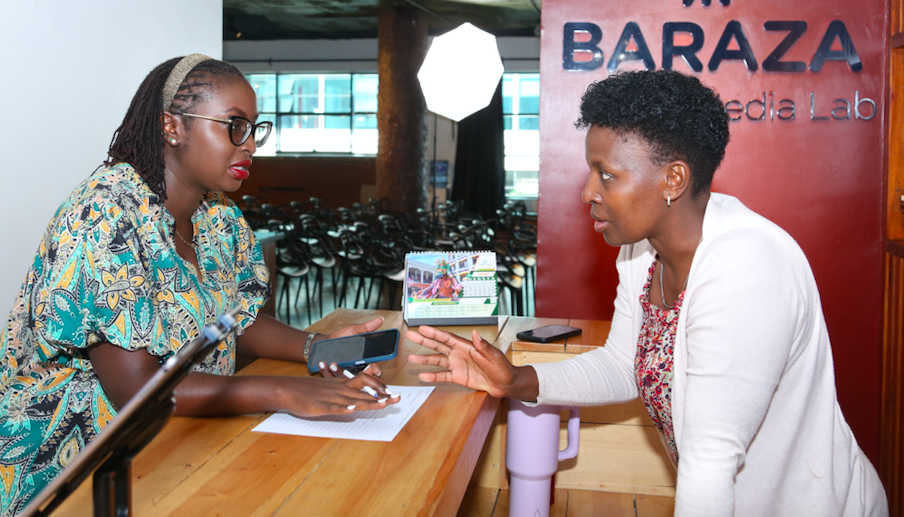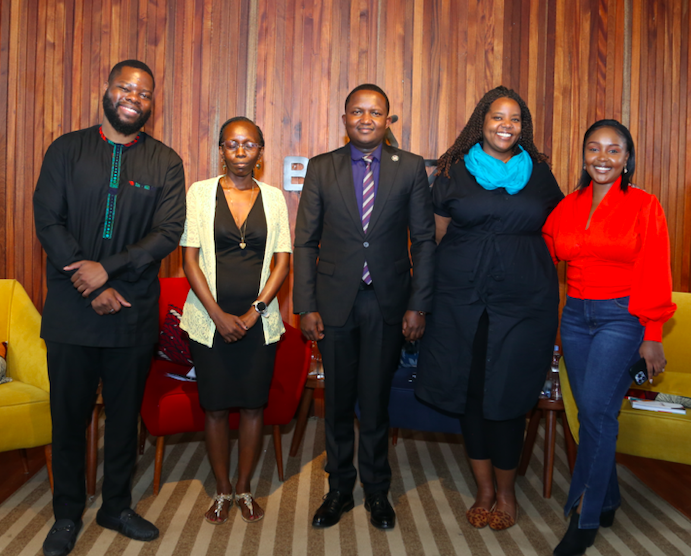As Africa’s media landscape undergoes rapid transformation, artificial intelligence (AI) is emerging as both a powerful tool and a destructive force.
To investigate its impact, the Africa Media Festival has teamed up with Baraza Media Lab to convened a high-level media roundtable entitled “Innovation: AI’s Sustainable Media Futures.”
This discussion brought together thought leaders, journalists, regulators and AI experts to explore how AI can be responsibly used to promote sustainability in African media. .
The forum provided a platform for stakeholders to share insights, showcase best practices and collaborate on AI-driven solutions.
It focused on the possibilities of AI to enhance journalism, optimize content creation, and streamline media operations while maintaining ethical standards and regulatory compliance.
According to a recent survey, over 50% of global media organizations employ AI tools for content generation, curation and distribution.
In Africa, limited access to technology has led to intake slower due to inadequate training and regulatory concerns.
However, several media houses have begun to integrate AI for newsroom automation, audience analysis and fact-checking.
Baraza Media Lab hosted this roundtable to examine the confusion that AI is causing in the media sector.
Although the role of AI in journalism was recognized as inevitable, participants emphasized the need to be careful to protect the integrity of journalists.

Industry leader weight
Maurice Otieno – Executive Director of Baraza Media Lab said, “AI is too perfect. Where do you draw the lines? As African journalists, we cannot remain passive. We are proactive in shaping the role of AI. You must participate in this.
According to a Reuters survey, 50% of global media organizations use AI tools. We must protect creative and editorial autonomy while responsibly hiring AI through better regulations and training. ”
Mukui Mbindyo – Head of Partnerships for the Digital Media Group in Africa – “Creativity and human intuition are still important, even in the AI-driven media world. Africa has limited exposure, so AI adoption We are behind and become consumers rather than creators. Addressing this gap is essential to staying competitive.”
Karanja Jackson – Regional coordinator of the Kenya Media Council said, “AI will not replace journalists. Rather, those who understand AI will replace those who do not. Kenya Media Council is incorrect. We are actively training in the development of ethical AI guidelines in combating information.
He called for regulatory measures to ensure that AI-generated content remains accurate and accountable.
Dr. Keziah Wangui Githinji – Lecturer, Broadcast Multimedia Journalism, USIU shares insights from the academic department, saying, “Education must adapt to the rise of AI, especially in multimedia journalism. Generated by AI. It’s now easier to detect content, but the important question remains. How do you work smarter with AI instead of being afraid of it?”

Balance between AI innovation and ethical journalism
With AI adoption rising globally, Africa needs to invest in digital literacy and AI training to ensure that the media remains innovative and competitive.
The roundtable set the stage for deeper industry collaboration, policy recommendations, and strategic AI integration in the media house.
The success of AI depends on its ethical application and practical use within journalism.
While automation increases efficiency, participants emphasized that AI needs to complement human creativity, fact-checking, and editorial surveillance rather than replace it.
The roundtable discussion at Baraza Media Lab Offices also served as a prelude to the African Media Festival, scheduled for February 26th and 27th at the National Museum of Kenya.




